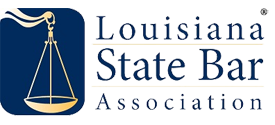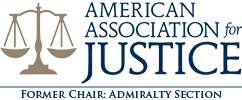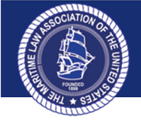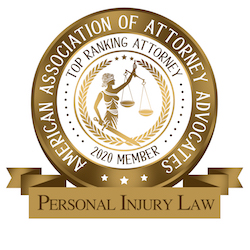If you’re strapped for cash until your next payday, you may be tempted to take out a payday loan. This shortterm loan comes due on your next payday. You give the lender a personal check for the amount you borrow plus the fee charged for the loan. The payday loan company then gives you cash in the amount of the check, minus the fee, and holds your check until your next payday.
These loans are also called cash advance loans, check advance loans, post-dated check loans, or deferred deposit loans. They come with a fee that may seem small — $15 to borrow $100 until next week. But the annual percentage rate is much higher than a loan from a traditional bank or credit union.
If you aren’t able to pay the loan when your payday arrives, the payday lender will charge you another $15 to extend the loan until the following payday. Now you owe $30 in fees for the $100 you borrowed. You can quickly get in over your head and owe more in fees than the amount you borrowed.
One alternative to expensive payday loans is a loan from a credit union or a small loan company. Rates will typically be much lower than for a payday loan.
A cash advance on a credit card is another possibility, but the interest rate is likely to be higher than a credit union or bank loan.
Whenever borrowing money, shop for the lowest cost available to you. Compare all the finance charges, including loan application fees, interest rate and other costs of getting credit.
Good credit practices
Contact your lender as soon as you know you’ll have trouble making payments on time. They are more likely to work with you if you show a good faith attempt to pay what you owe. Contact your local consumer credit counseling service for help setting up a debt repayment plan with creditors and for tips on budgeting. Your employer or credit union may offer free or low-cost credit counseling.
Make a realistic budget and try to avoid unnecessary purchases. Begin to build a small savings plan. A small amount saved regularly in an emergency fund can help you avoid the high fees of payday loans.
If you must take out a payday loan, borrow only as much as you know you will be able to pay with your next paycheck.
For more information on payday loans and consumer credit issues from the Federal Trade Commission, visit www.consumer.ftc.gov.
Special protections for service members
Federal law limits the interest rate a payday lender can charge military families and provides other protections to service members and their dependents.
For more information on your rights as a member of the military, alternatives to payday loans and other financial guidance, contact the Department of Defense at 1-800-342-9647 or go to www.militaryonesource.com.









